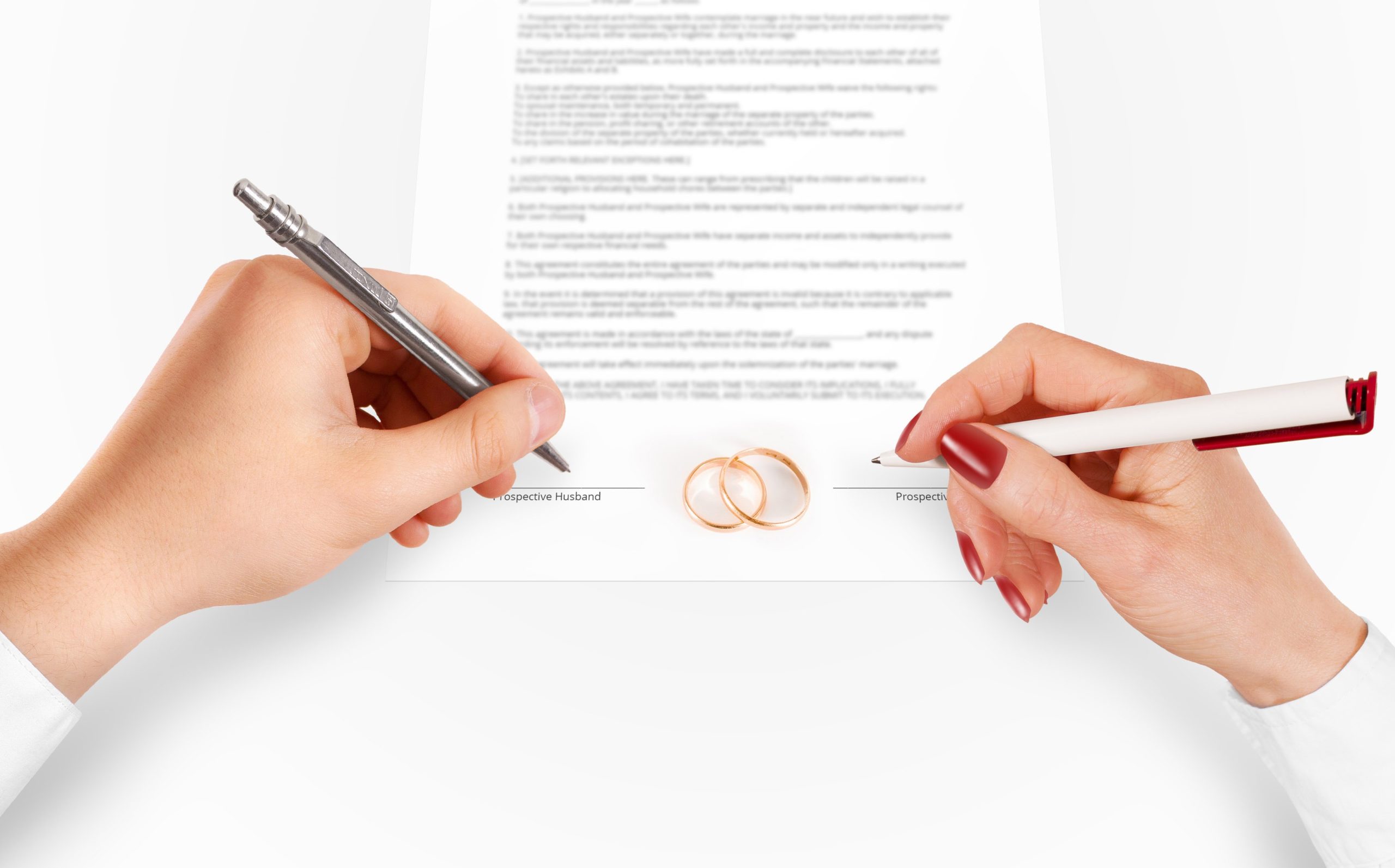Reading Time: 4 minutes
When you first start considering divorce proceedings it can be a daunting and somewhat isolating experience. You may be concerned about the hostility and upset it will cause you, your spouse and the children. Being sensitive to the timings can help to keep the divorce as amicable as possible. The key is finding the right divorce solicitor for you. This will help to ensure that the divorce is dealt with constructively, with a child-focussed approach, whilst also feeling like you have someone on your side.
You may feel that you are not ready to start divorce proceedings immediately following a separation. If this is the case you should still take legal advice to learn about your rights and to understand the divorce process itself. Having this knowledge and information should offer you some peace of mind.

My role as a family and divorce solicitor is to ensure that you understand the law and to support you through the divorce process. I will draft your divorce papers and help you to navigate through the divorce settlement with empathy and compassion. Having a family solicitor does help to lessen the burden, as even an amicable divorce can be stressful.
It is important to consider the welfare of your children when taking this decision, but your welfare is just as important. The sooner you start divorce proceedings, the sooner you take steps forward and can start to think positively about your future. A simple, amicable and straightforward divorce could take eight to twelve months to complete. This can extend to two, and in some circumstances three years, when financial matters are being dealt with at court.
I understand that this is an upsetting time for you and that you may be dealing with a range of emotions. You will need time to work through these emotions before you are ready to commence divorce proceedings. At my initial consultation I will provide you with family law advice to consider. This includes understanding the divorce process, discussing the arrangements for the children and advising you with regards to a financial settlement. It can be a lot of information to take in one session. I will leave you to digest this information and get back to me when you are ready to get started.
How much does it cost to start divorce proceedings?
There is a court fee of £593. This is paid to the Family Court when the divorce petition is sent to them for issue. Your legal fees will depend on the complexity of your case. Most solicitors offer a fixed fee for the divorce process (not the financial agreement) or will be able to provide you with a clear estimate after speaking with you.
When can I start divorce proceedings?
Provided you have been married for one year and a day, you can start divorce proceedings whenever you consider it appropriate.
How long will it take to complete my divorce?
It can take between eight to twelve months, sometimes longer. It will depend on the court processing time and whether your spouse co-operates with the divorce process, and is also committed to resolving matters amicably. The financial agreement can be resolved within this timeframe if it is agreed by consent. If it is not agreed, the court process can take two or sometimes three years.
When did no fault divorce start?
It has not started yet and it is estimated to come into force in Autumn 2021. In the meantime you must rely on the current facts adultery, behaviour, desertion, 2 years’ separation with consent and 5 years’ separation.
What happens if the Respondent refuses to sign the divorce papers?
If the Respondent refuses to complete and return the acknowledgement of service to the court, you may instruct a bailiff or personal server to serve the papers on the Respondent. This confirmation of service can then be used to apply for your Decree Nisi.
What is Decree Nisi?
Decree Nisi is the second stage in the divorce process. After considering your divorce petition and the Respondent’s acknowledgement of service, the court will pronounce that they see no reason why you shouldn’t divorce and will issue a conditional order called Decree Nisi. Six weeks after the pronouncement of your Decree Nisi you can apply for Decree Absolute, which is the third and final stage in the divorce process. You should not apply for Decree Absolute until your financial settlement is agreed and sent to the court.
I have received divorce papers, what should I do?
If you are the Respondent in receipt of divorce papers you should consult a family solicitor who will explain the divorce process and the terms of the divorce petition to you. Standard clauses used in the divorce petition may appear hostile and aggressive (when they are not intended to be) to someone not familiar with the legal terms. Speaking to a family solicitor will put you at ease.
If you have received divorce papers or are unsure about starting divorce proceedings, please do contact me. I will advise and clearly set out the options available to you. You will then have the information you need to make an informed decision. This will help when deciding whether to start divorce proceedings or not. If you are the one responding to divorce papers, it will reassure you to understand the terms and the options available to you.
If you found this article helpful, please do share it on the following social platforms







